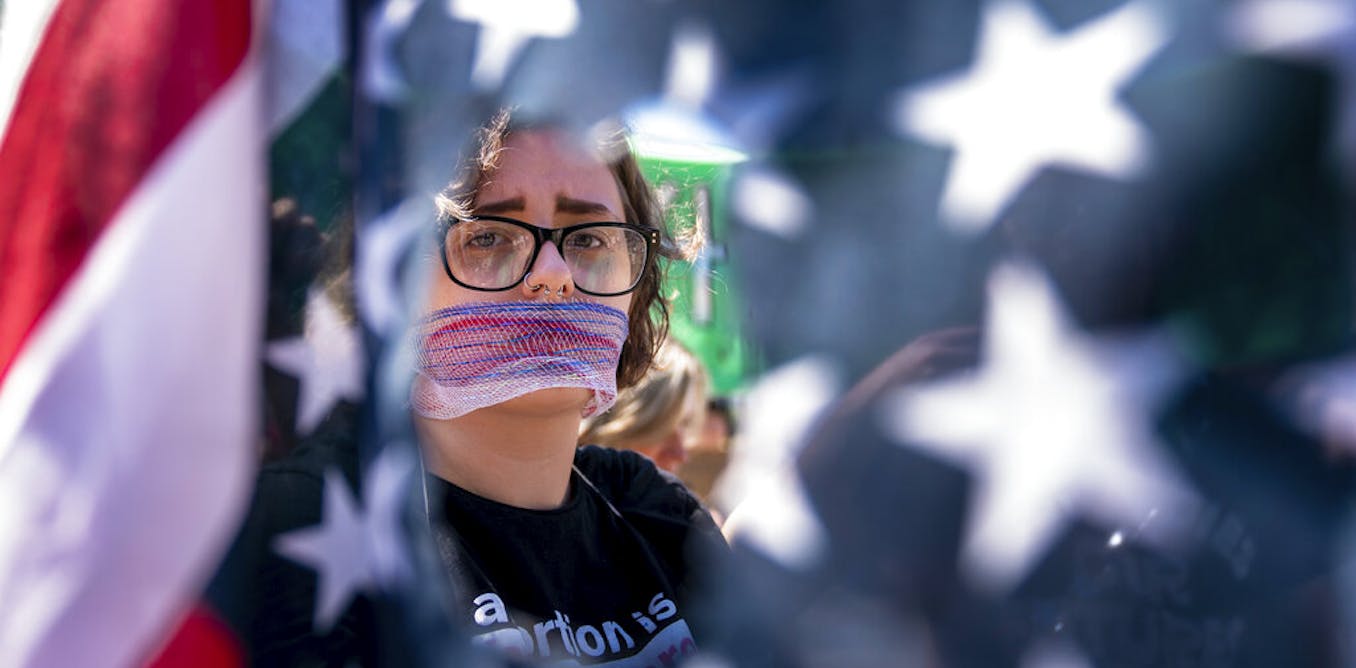
"According to a 2022 book by political scientists, fears about speaking out are grounded in concerns about social sanctions for expressing unwelcome views."
"Polarization undermines democracy by making essential democratic processes—discussion, negotiation, compromise—difficult if not impossible, leading to a muting of the American voice."
"The rise in polarization between the two major political parties has led to a notable decline in Americans' trust in one another."
"Polarization extends broadly, causing many to withhold their views until they are sure they are speaking with someone like-minded."
The decline in Americans' trust is largely attributed to the growing polarization between the Republican and Democratic parties, as indicated by the General Social Survey. This polarization fosters 'affective polarization', where people not only disagree politically but also feel disdain for opposing views. As a result, Americans increasingly avoid interactions with those holding different opinions. This trend severely hampers essential democratic processes like discussion and compromise, leading to hesitance in expressing one's views without first confirming the alignment of beliefs.
Read at The Conversation
Unable to calculate read time
Collection
[
|
...
]